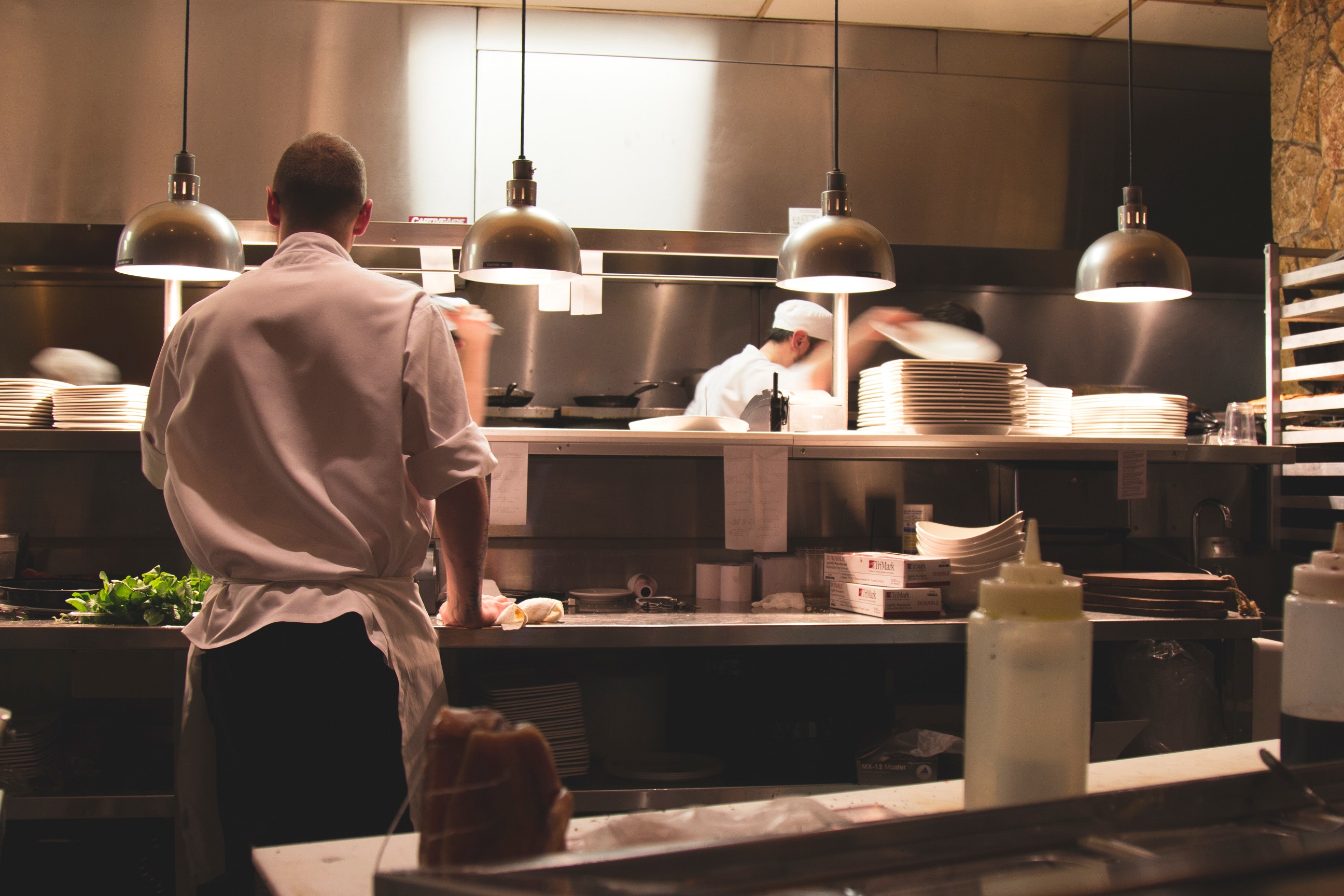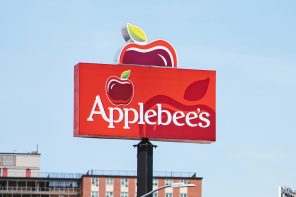A recent hospitality and business report by Bayleys Real Estate revealed low-profit levels within businesses operating in New Zealand’s foodservice and hospitality sector. An industry figurehead said that the lack of profitability is holding back both new entrants to the market and the expansion plans of some existing operators.
Jayson Hayde, national business sales director for Bayleys Real Estate, said that a small percentage of the hospitality and food service sector is doing ‘very nicely’. However, the majority of the operations were producing ‘barely acceptable’ returns on investment with some even failing to achieve a break-even status.
Hayde likened the profitability model for NZ’s hospitality and foodservice sector to a pyramid. With a small percentage of foodservice and hospitality operations that are doing well at the very top.
“That includes some of those venues and outlets operating as part of corporate-structured groups with multiple locations and businesses which have been around for more than 15 years,” said Hayde. “They have built up their reputations amongst repeat clientele, some franchised enterprises, and entities being tightly run under profit-driven paradigms whose owners may not necessarily have come through a hospitality background but from a financially-orientated environment.”
According to him, the middle of the triangle are businesses that are ‘ticking over nicely’, but will never make owner-operators rich. While at the bottom lies a substantial portion of the industry barely making any profit and are quite often ‘trading at a loss’.
Hayde also brought up the ‘low wage’ issue plaguing operators that make staff recruitment and retention a challenge. He shared that a number of their clients in the hospitality and foodservice business are reluctant to take on new ventures, purely because they are cautious about hiring staff for the new acquisition.
“Many owner-operators, both existing and those looking to come into the market through acquisition, just can’t afford to pay staff $23-plus an hour under their business model. It’s not that they don’t want to; they simply can’t do so and remain profitable. So, in many cases, they walk away from the opportunity or close down.
So what's the alternative? Hayde suggested technology to play a greater role in the front of house operations as a solution to the staff/cost conundrum. He argued that once businesses embrace automation, it will lead to a more streamlined staffing roster, and by consequence, better operating figures.
“Fuel stations are doing it – such as BPMe for example, where motorists can pay for their fuel via an app’ on their mobile ‘phone without any interaction with forecourt staff. Translate that into foodservice and hospitality – some cafes do it already where you can order and pay for coffee on an app’, so why not extrapolate the scenario out into ordering food and licensed beverages on a ‘click and collect basis?”
Bayleys is set to expand its business sales divisions in provinces including Tauranga, Hamilton, Wellington, Christchurch Queenstown – leveraging off the back of the agency’s existing real estate and property services disciplines.






